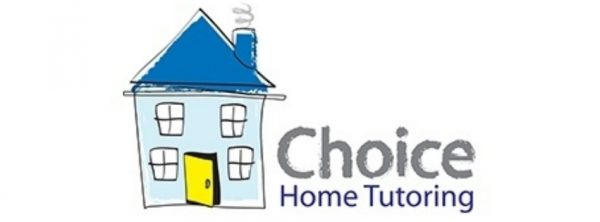Lots of children find it challenging to organise themselves, but it’s a really important skill that goes hand in hand with academic success. You might take many of these things for granted but remember: we all had to learn them at some point. By supporting your child with these top ten tips, you’re equipping them with skills that they’ll use throughout their life.
-
Start early!
A common mistake with organisation is to try and get everything together at the last minute, for example, right before an exam. Trying to gather notes at that late stage can be a nightmare; so start early. Ideally, you want to encourage students to record and keep notes from the start of the academic year but starting NOW is definitely better than leaving it longer.
-
Make notes in lessons
It’s actually quite challenging to listen, take information and make notes all at the same time if it’s not something you’re practised at. Encouraging students to jot down key words or ask for class notes makes a world of difference to how much they’ll remember. Everyone thinks they’ll store all the information because it makes sense at the time, but the human brain will only retain so much- so you have to have a record of the information.
-
Make flash cards
Once you’ve got a record of information from your class books, you can condense the information onto flash cards that you can revise from. Having a quick summary of information broken into chunks, helps lots of students process and retain information more effectively.
-
Highlight your flash cards
This may seem like over kill but simply going back over your flash cards and reading through them, doesn’t actively engage students or stimulate the brain. Looking for key pieces of information to highlight and focus on gives you another opportunity to break down the material and keep it stored for when you need it.
-
Test yourself
It’s great to get friends and family to test you while you’re revising so that you can double check you are actually taking all the information in. It draws attention to the topics that you most need to go back over as well and those that you’re now fully comfortable with.
-
Stick notes up around the house
Seeing the information more frequently will help it go in – for example, re-reading things stuck on the kitchen cupboard while you make yourself a cuppa. If you have a visual memory you can even walk yourself through the house during your exam, remembering where you had notes stuck up.
-
Find pockets of time
Finding when and where to organise yourself or go back over notes is something that a lot of people (adults included!) find challenging. However, when you start to look for them, there are lots of points in our day when we can make good use of time. For example, the school run can be a chance to look back through a planner or diary to check everything is done and plan in free time to get tasks completed.
-
Plan backwards
When you’re organising – it’s always best to plan backwards from the event you’re working towards and plan everything into the time accordingly. For students, that is often an exam they need to prepare for. Planning backwards from where you want to be to where you are now helps students visualise how much work they’re going to need to do in the remaining time.
-
Make a revision timetable
Making a plan of when you’re going to do when and for how long, makes your work seem far more manageable. You don’t just have one looming deadline, you have a mini target every day that you can meet, tick off and feel a sense of purpose in your revision.
-
Have a set place to work/ store notes
Organisation partly comes down to having a set physical place for things, knowing where your notes are and being confident that you can find them. It’s really helpful to create a section of your home that’s just for studying. This may need to be a transitional place and that’s totally fine. The kitchen table might be for studying, then cleared for tea and the books stored to one side. As long as there’s a set pattern, there’s no need for anything fancy – it’s just about teaching students how to organise their work.

